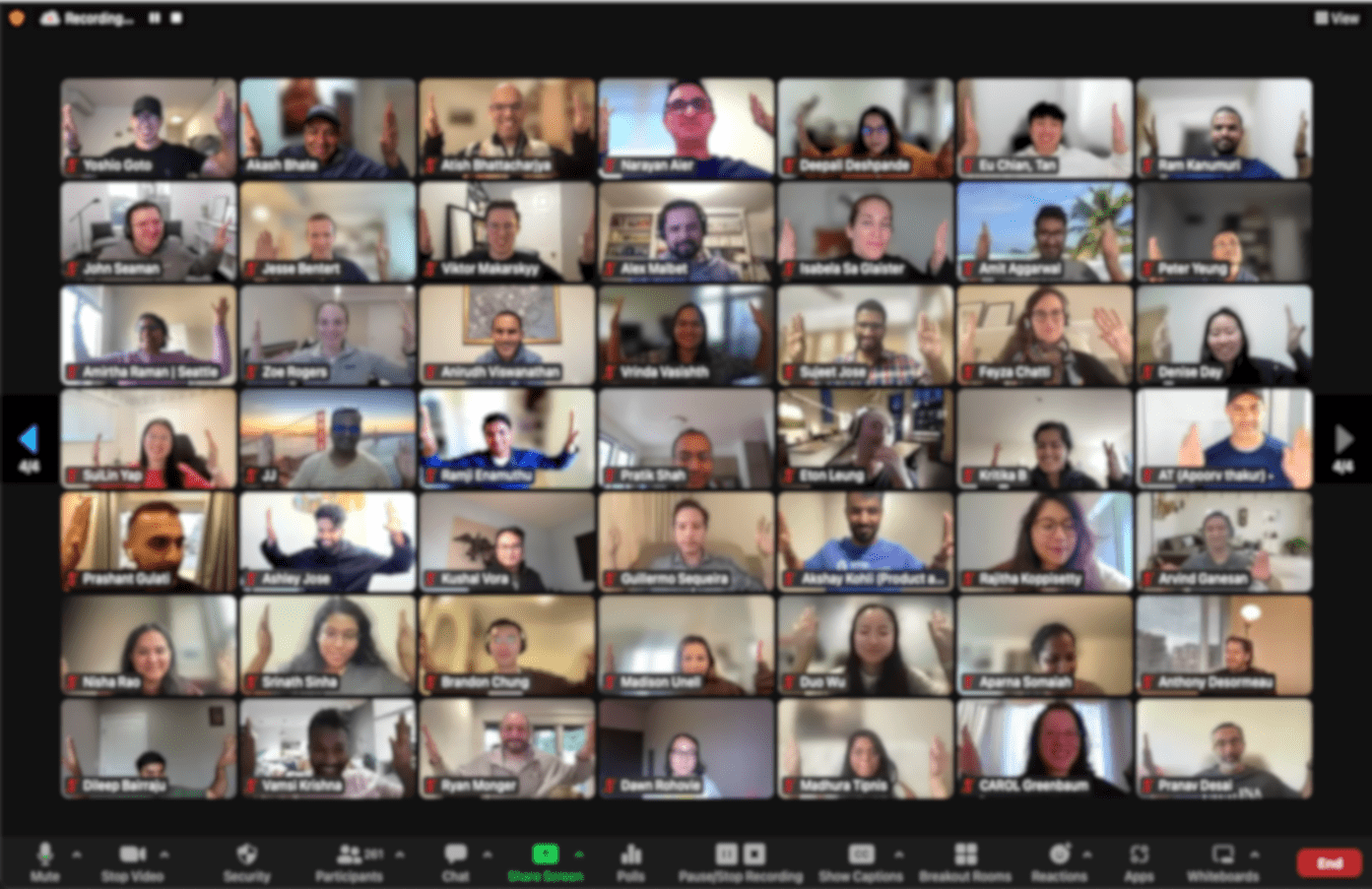Shreyas Doshi, a name that echoes prominently in the world of product management. With his vast experience spanning tech giants like Stripe, where he served as Stripe’s first PM manager, his insights are coveted across the industry.
While he has donned multiple hats from Director of Product Management to Group Product Manager, it's his deep understanding of frameworks that stands out. Doshi emphasizes the importance of approaching frameworks with a critical mind, understanding their core principles, and ensuring they are not just blindly applied.
In this article, we delve into six pivotal lessons from Doshi about frameworks, providing a roadmap for product leaders and enthusiasts alike.
6 Lessons about Frameworks
Frameworks have been instrumental in shaping the trajectory of countless startups and established tech companies. They provide a structured approach, streamline decision-making, and aid in mitigating biases.
Shreyas Doshi, with his experience at leading firms like Stripe and Yahoo, sheds light on how these tools can be best utilized. But, as he keenly observes, it's not just about using them - it's about understanding and adapting them. Let's explore his key teachings:
1. Understanding the principles behind a framework is more important than simply applying it
Every framework comes with its set of principles and underlying assumptions. While it's tempting to use them as a one-size-fits-all template, Doshi advises against it. Dive deep into the foundations of any framework. Understand its genesis, the problems it aims to solve, and the context in which it was created. Only by grasping these nuances can one truly harness its potential in a way that resonates with their unique situation.
2. Good frameworks package decades of observed patterns into a consumable form, making them powerful tools for organizations
Frameworks are not created overnight. They encapsulate years, sometimes decades, of observed patterns, mistakes, and learnings from numerous product teams and leaders. This condensed wisdom offers a fast-track solution for companies, especially startups, allowing them to avoid common pitfalls and capitalize on proven strategies.
3. Binary thinking (strictly following or completely dismissing a framework) can be limiting
It's a common misconception to view frameworks in black and white - to either follow them religiously or discard them entirely. Doshi warns against such binary thinking. Frameworks should be seen as flexible tools, adaptable to the ever-evolving dynamics of the product world. Strict adherence or total dismissal both rob teams of the opportunity to make better decisions.
4. The truth lies in a balanced approach: understanding why a framework works and adapting it to your specific context
The beauty of frameworks lies in their adaptability. While the core principles remain constant, the application can vary. Doshi emphasizes the need for a balanced approach – absorbing the essence of the framework while tweaking it to align with one's specific context. This ensures that the framework augments, rather than restricts, the product strategy.
5. Create something that combines the framework's intuition with your intelligence and judgment for the best results
A framework should be the starting point, not the end. Integrating the insights a framework provides with one's own intelligence, experience, and judgment can lead to a robust product strategy. It's about coalescing structured guidance with personal intuition, creating a synergy that propels products to greater heights.
6. Don't let the framework dictate your actions; make it work for you instead
While frameworks are valuable tools, they shouldn't become shackles. Doshi's final teaching is a powerful reminder to remain agile. Let the framework serve as a guide, but always be ready to pivot, adapt, or even set it aside when the situation demands. It's about ensuring the tool serves you and not the other way around.
Level Up Your Product Manager Career with Maven
In the dynamic world of product management, continuous learning and adaptation are vital. Shreyas Doshi, with his vast experience, not only from Stripe but also from his tenure at tech companies like Yahoo and as Stripe’s first PM manager, has been an influential voice in this domain. And where better to learn from such a luminary than Maven?
Maven has emerged as the premier platform for experts across industries to share their knowledge. The platform is teeming with insights from product leaders, offering
courses tailored to various facets of product management.
One of the standout offerings on Maven is "
Managing your PM Career" by none other than Shreyas Doshi himself. The course delves deep into the nuances of product management, equipping learners with tools, techniques, and insights to navigate their PM careers adeptly. Doshi's teachings, like understanding the depth of frameworks, resonate profoundly in the course, making it a must-read for budding and seasoned PMs alike.
Why Choose Maven?
In today's competitive landscape, product managers need more than just knowledge; they require actionable insights, mentorship, and a community to share and grow. Maven emerges as a beacon for all these needs, setting itself apart as an unparalleled platform for
product management professionals.
Here's what makes Maven the go-to destination:
Practical Insights: Beyond theoretical knowledge, Maven emphasizes real-world application. From case studies to day-to-day challenges faced by PMs, the courses are replete with actionable insights.
A Community of Learners: Maven is not just about courses. It's a community. Engage with fellow learners, discuss challenges, share solutions, and grow together.
In the rapidly evolving landscape of product management, where biases, opportunity costs, and the need for high agency decisions are ever-present, platforms like Maven, combined with the wisdom of leaders like Shreyas Doshi, become indispensable.
Whether you're charting the early days of your PM career or looking to refine your product sense, Maven offers a trove of resources tailored to your needs. To truly understand product strategy and enhance your PM skills, turn to the experts. Turn to Maven.




